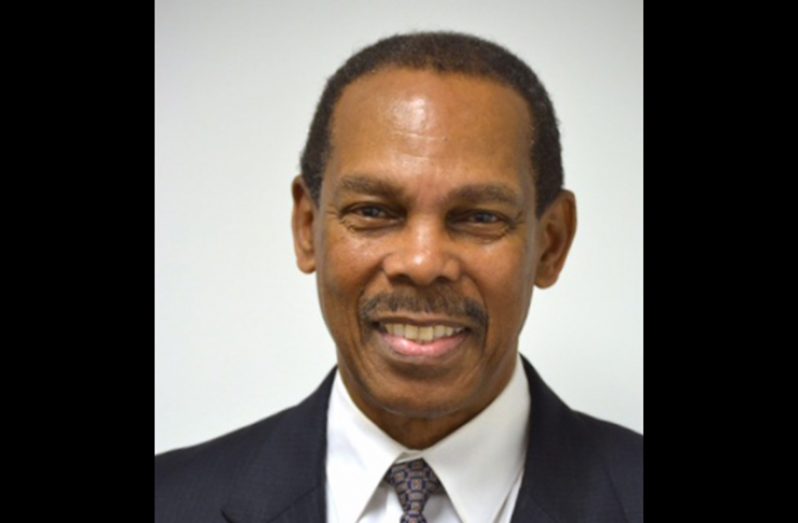— UG Chancellor, Professor Edward Greene
UNIVERSITY of Guyana Chancellor, Professor Edward Greene, has observed that beginning 2020, Guyana has an opportunity to enhance the profile and influence of the Caribbean Community (CARICOM) on the global stage by advocating for certain emerging priorities.
These include global financial stability, global economic stability, climate change, energy and the environment, technological innovation and cybersecurity, trade and investment, and women empowerment.
The University of Guyana, Office of Philanthropy, Alumni and Civic Engagement (PACE) recently hosted a professorial lecture series at Theatre Guild, Kingston, Georgetown, where the chancellor delivered a presentation titled, “Reflections on the Future of Guyana in Caribbean Community.”
“In addition, the sectoral meetings of G-77 in areas such as food and agriculture, energy, trade and finance, science and technology, industrialisation and sustainable development, allow for increased partnerships relevant to the Region’s participation by and in a variety of member states,” Greene stated.
Furthermore, he said there are other success factors that must be considered to enhance the roles of Guyana in the leadership structures of the UN. “Among them are reinforcing the need for the Region’s adherence to a coordinated foreign policy, one of the pillars of CARICOM; recognition that the purpose of foreign policy is to utilise sovereignty to engage in multilateral/bilateral arrangements; sustaining and promoting the Caribbean as a zone of peace; standing firm on the AOSIS agenda for Climate action and building coalitions of the willing.”
Greene said the community has to be mindful that geopolitical rivalries, specifically among China, Russia and the USA, are contributing to the revival of the cold-war that threatens the Caribbean as a zone of peace.
Besides the upsurge in the domestic crime rates, Greene noted that there are the transnational threats of organised criminal activities – illicit trafficking in drugs, arms, ammunition and humans, terrorism, and money laundering – that transcend national borders.
The community also needs to take into greater account that in today’s world, diplomacy is no longer the preserve of state actors, he said. “Non-state actors – NGOs, civil society, corporations, think tanks, influential personalities, the media, faith-based organisations, etc – play an increasingly influential role in the conduct of diplomacy and international relations and should be tapped as supportive advocates.”
In this regard, he said in the absence of regional ‘think tanks,’ greater efforts should be made to establish working links with regional academia working in the areas of development and of international relations. Using a wider lens, he said CARICOM can draw on the wealth of talent attested to by the over-40 Anthony Sabga Caribbean Laureate Awards of Excellence, of which University of Guyana (UG) Deputy Vice-Chancellor, Professor Paloma Mohamed, is one.












